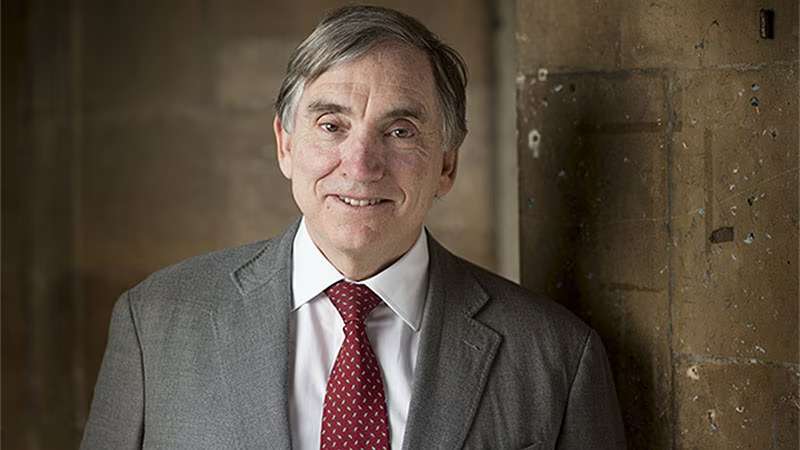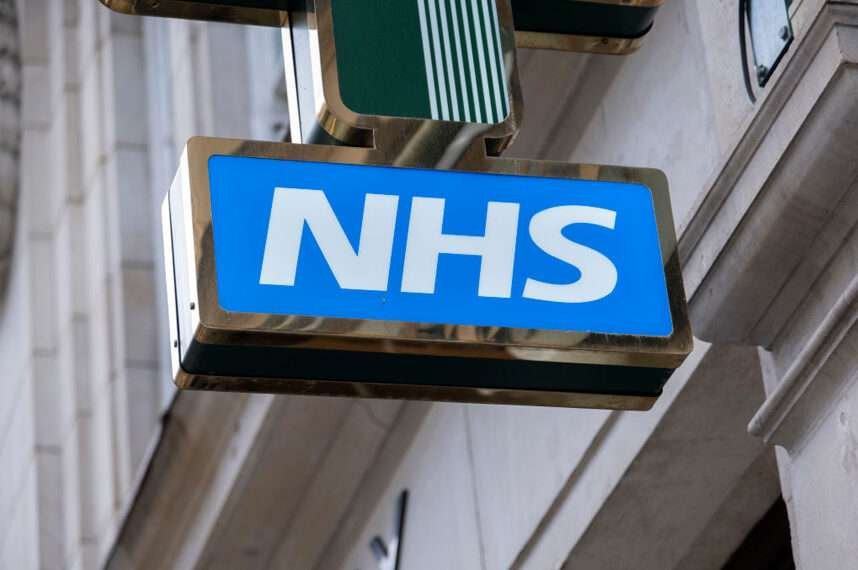The UK could unlock billions within the next two decades by creating a “pre-NHS” focusing on preventive healthcare, according to Professor John Deanfield, head of a task force investigating new ways to improve the nation’s wellbeing.
Deanfield, appointed as the first-ever government champion for personalized prevention, believes a parallel health service is essential to support an NHS that is struggling to treat an increasingly unhealthy population.
Former Secretary of State Steve Barclay tasked him to lead this initiative.
“The NHS still operates according to its traditional, founding principles of 75 years ago, which is disease care,” said Deanfield.
“But we need to move to a system of upstream, preventative health intervention.”
Deanfield emphasized that the current approach to health is unsustainable, both for the population’s health and the economy.
“A reorientation towards prevention is the only way to avert the growing health and wealth crisis,” he noted.
The potential benefits of focusing on prevention are substantial. Deanfield highlighted that applying known, evidence-based preventive interventions more broadly could add 20 more healthy days per person per year in the UK, reducing ill health by 33%.
This shift, according to a previous Conservative government estimate, could increase GDP by approximately £320bn over 20 years.
Deanfield envisions moving prevention services, such as weight, cholesterol, and blood pressure checks, into the places where people live, work, and socialize. “In this way, we normalize prevention as part of everyday life,” he explained.
Additionally, Deanfield advocates for personalized healthcare through a new “prevention portal” developed as part of the NHS app.
This portal would allow individuals to access their health data and individualized prevention plans, guiding them to both digital and face-to-face services.
He also recommends a national openness to testing and adopting medical innovations. One example he pointed to is inclisiran, a cholesterol-lowering drug currently offered only to those with high cholesterol or a history of cardiovascular events.

Support for a Preventative Healthcare Model
David Prior, the chair of the NHS until 2022, supported Deanfield’s recommendations, stating they could help mend a “broken system,” address the country’s growing health inequality, and improve instances of substandard NHS care.
“A new, preventive model would quickly become as integral to the nation as the NHS itself,” said Lord Prior.
He believes that such a model would not challenge the NHS but rather be welcomed by health experts.
“A preventative system offers us hope that we can actually crack the current healthcare crisis,” he said.
“Hospitals are full of people with chronic, long-term conditions. But hospitals are the worst places to be treating people with those kinds of conditions: much better to treat them outside the hospital before they get too bad.”
David Prior
He acknowledged that it would be unrealistic to expect the NHS to undertake preventive work on its own.
“The current system is broken and will continue to deliver poor quality care and growing inequalities without this sort of help,” he said.
“The NHS would welcome a preventative healthcare system running alongside it if that led to a reduction in demand for their facilities, which are creaking at the seams.”
David Prior
Deanfield’s recommendations have also garnered support from Sir John Bell, the regius professor of medicine at Oxford University. Bell, who chaired the national Covid testing scientific advisory panel and the government’s test approvals group.
“The dream is to have a system similar to when we all had our Covid jabs,” Bell explained.
“There would be a tent erected in the Sainsbury’s car park, and we would queue up to get jabs for Covid, flu, pneumococcus, shingles all at the same time.
“We’d be given blood tests, genetic tests, and our family history would be scrutinized. Those with any risk, even if they didn’t yet have symptoms, would get a long-acting injectable for lowering cholesterol, reducing blood pressure, or weight management.”
David Prior
The NHS and the National Institute for Health and Care Excellence (Nice) have declined to comment on Deanfield’s recommendations, with Nice stating that its committees could only recommend medicines based on the population stipulated in the marketing authorization and their cost-effectiveness.
READ ALSO: IEA Reaffirms Commitment To Presidential Debates And Neutrality





















